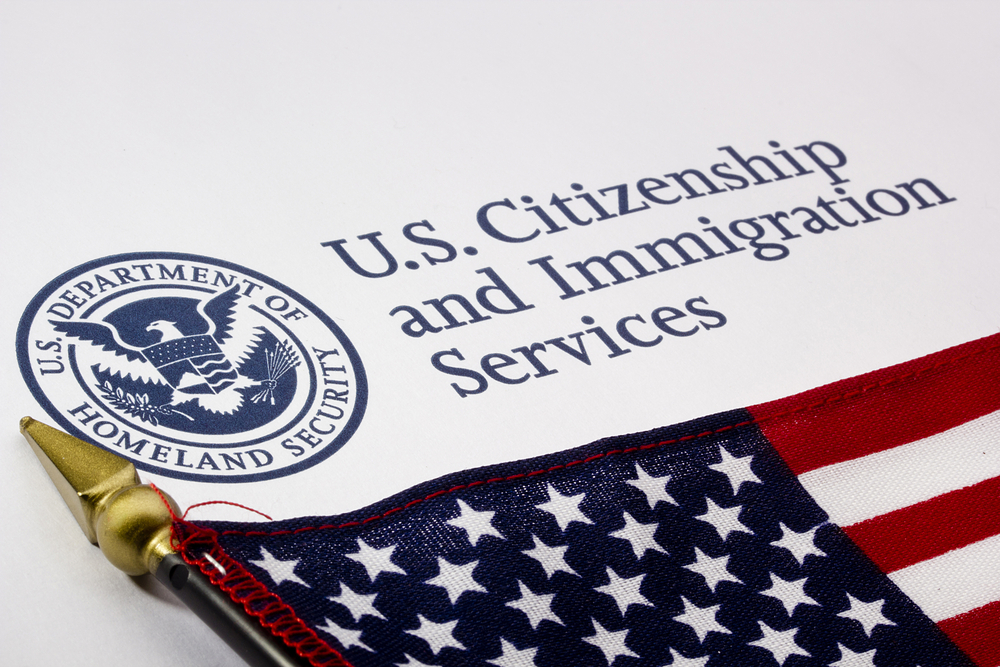USCIS To Suspend Premium Processing For H-1B Petitions Filed On Or After April 3, 2017
March 6, 2017
On Friday, USCIS announced that it will temporarily suspend premium processing service for H-1B petitions, starting with petitions received on or after April 3, 2017. That cutoff date means that none of this year’s cap-subject H-1B petitions will be eligible for premium processing service, as April 3rd is the earliest those petitions can be received by USCIS this year.
What is Premium Processing?
Premium processing is an expediting service that USCIS offers (for a price) alongside a limited selection of petitions, including most I-129 petitions and most I-140 petitions. If a petition is submitted with the I-907 Request for Premium Processing Service (and the required $1225 USCIS I-907 filing fee), USCIS agrees to complete processing – which means either rendering a decision or requesting additional information – within 15 days of receipt. This is significantly faster than ‘regular’ processing, for which total processing time can range from 3 months all the way up to a year.
Which Petitions Are Affected By The Suspension?
All H-1B petitions filed on or after April 3, 2017, until further notice. The suspension affects every kind of H-1B petition, including cap-subject and cap-except petitions, as well as initial petitions and extensions.
Other kinds of petitions that were previously eligible for premium processing are not affected by this suspension. That includes L-1A and L-1B petitions, as well as all previously-eligible I-140 petitions.
Are There Any Exceptions?
Yes, but they are limited, and are only granted based on USCIS discretion. Under current USCIS policy, H-1B petitions may be eligible for expediting if they meet certain urgent or compelling criteria; the suspension of premium processing for H-1B petitions does not change that policy. Such cases must meet at least one of the following criteria to be eligible:
- Severe financial loss to company or person;
- Emergency situation
- Humanitarian reasons
- Employer is a nonprofit organization whose request is in furtherance of the cultural and social interests of the United States.
- Department of Defense or national interest situation (with the request coming from a U.S. government entity)
- USCIS error
- Compelling interest of USCIS
Why is USCIS Suspending Premium Processing?
USCIS claims that the suspension is necessary to allow them to direct resources towards some long-pending H-1B petitions, many of which have been pending for 240 days or longer. The 240 day time frame is relevant because USCIS grants an automatic 240 day extension of H-1B status while an H-1B extension petition is pending with USCIS, so having petitions take longer than 240 days to process creates a number of headaches, and likely leads to additional premium processing submissions.
Below is the full text of USCIS’s explanation:
This temporary suspension will help us to reduce overall H-1B processing times. By temporarily suspending premium processing, we will be able to:
- Process long-pending petitions, which we have currently been unable to process due to the high volume of incoming petitions and the significant surge in premium processing requests over the past few years; and
- Prioritize adjudication of H-1B extension of status cases that are nearing the 240 day mark.

TAGS: H-1B, Premium Processing, USCIS
January 14, 2026
ALERT: State Department To Pause Processing Immigrant Visas From 75 Countries On January 14th, the Department of State issued a post on social media announcing that they would “pause immigrant visa...MoreJanuary 13, 2026
Department of State Releases February 2026 Visa Bulletin The DOS released its February 2026 Visa Bulletin, and USCIS has determined that all family-sponsored and employment-based preference categories may...More




